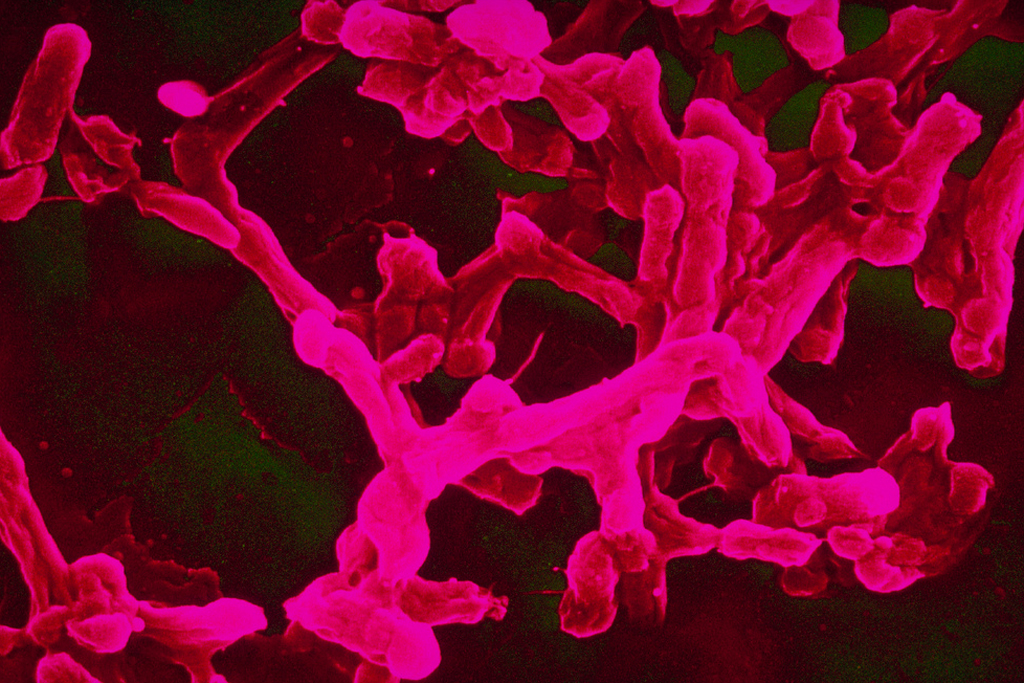Consequences and Cures for Inadequate Waste Disposal in Hospitals in Camaroon
by Samuel-Béni Ella Ella and Louise Chrésance Silinou
This article is in French. Copy and paste into Google Translate to read one segment of this article at a time (3900 character limit per translation).
The authors are associated with the Institut Universitaire de Développement International (Francophone University of International Development) founded by Moussa Bongoyok with the assistance of WCIU.
The World Health Organization (WHO 2011) reports that inadequate disposal of hospital waste has caused 21 million hepatitis B virus infections, 2 million for hepatitis C and at least 260,000 HIV infections worldwide in 2000. The same study shows that 18 to 64% of health facilities south of the Sahara do not correctly dispose of their waste, which nevertheless constitutes "a reservoir of potentially dangerous microorganisms capable of infecting hospital patients, staff and the general public ”(WHO 2015). To remedy this dangerous situation, the Cameroonian State has taken political and financial measures.
Read More

